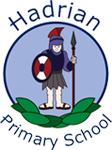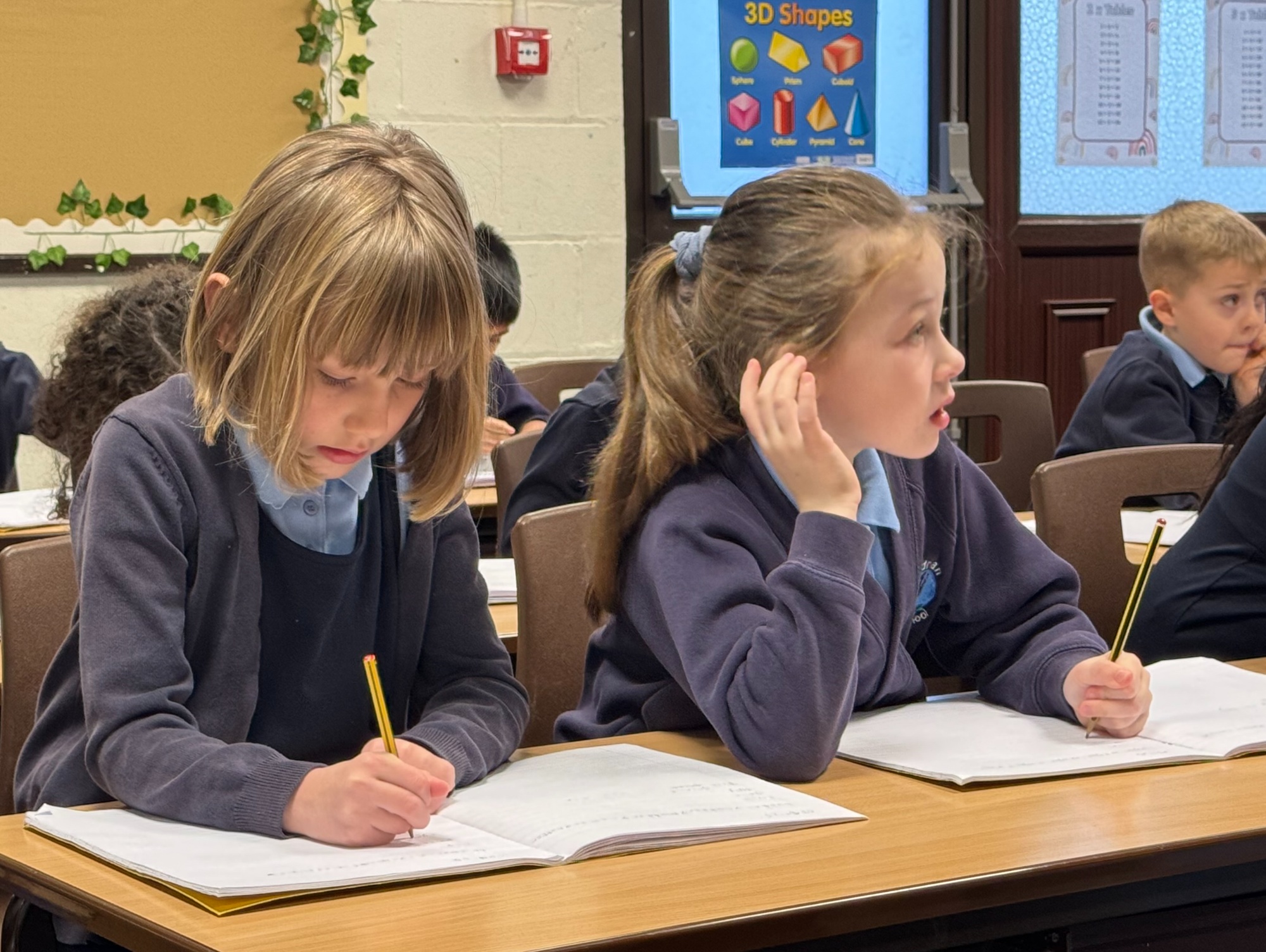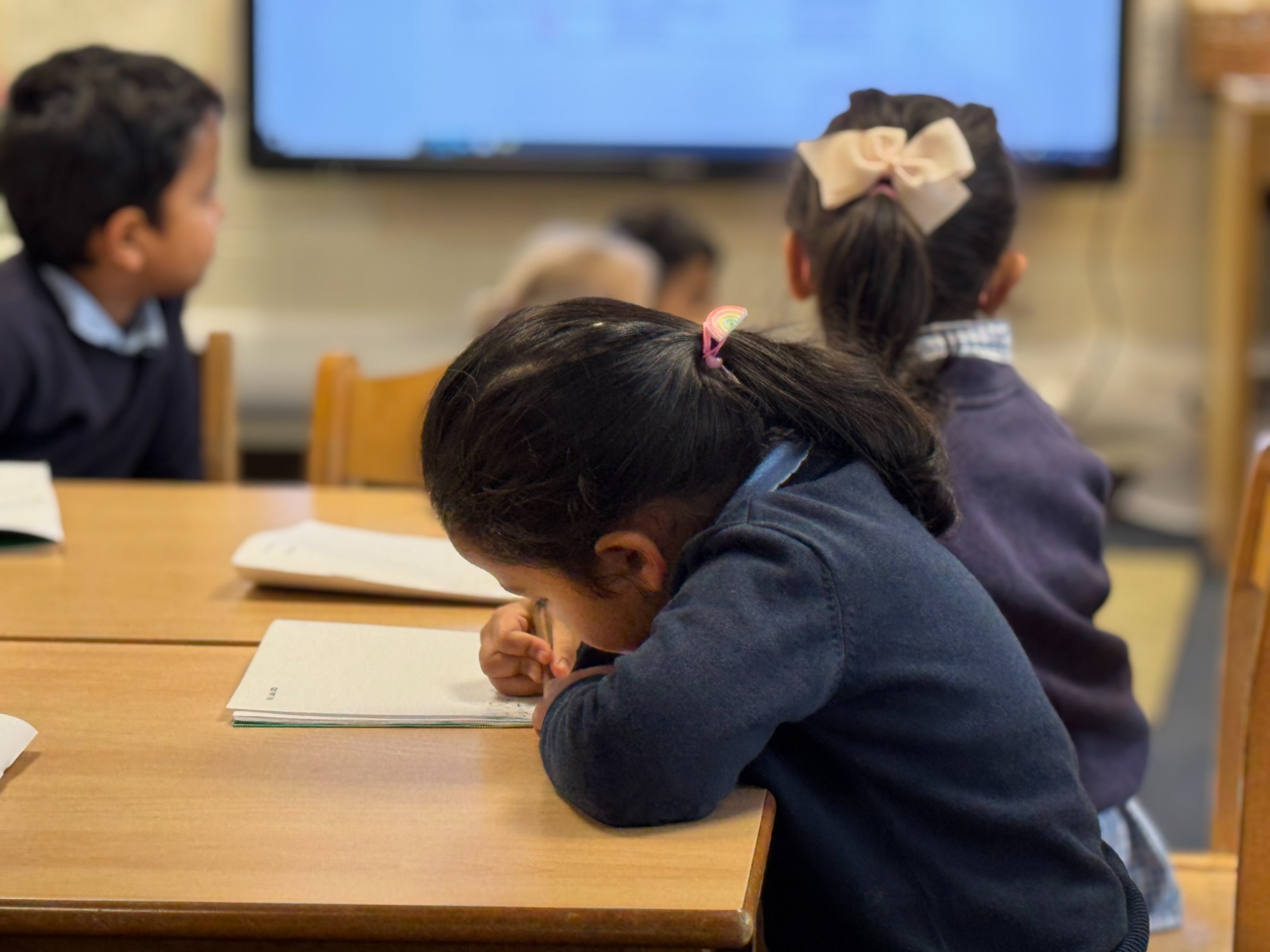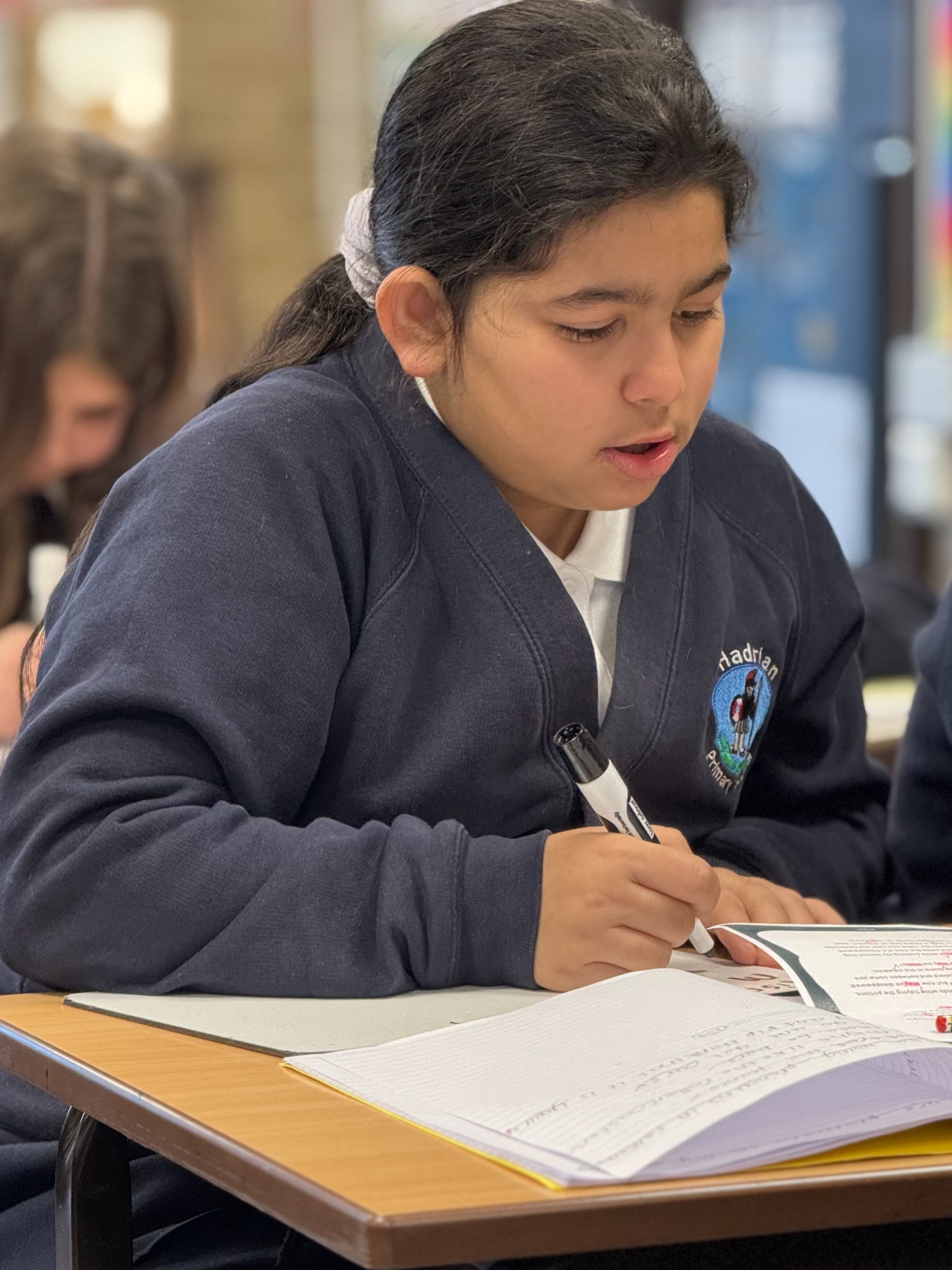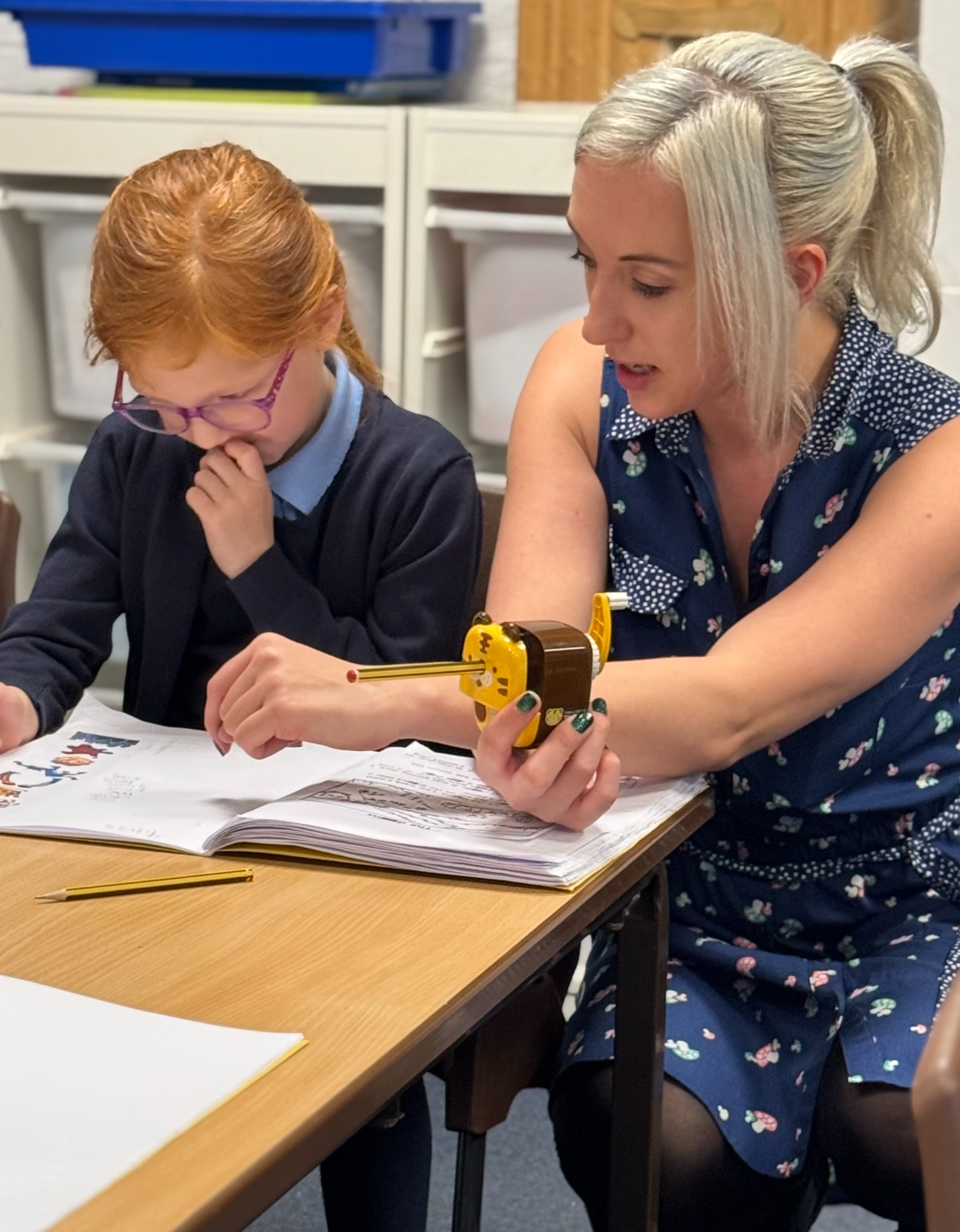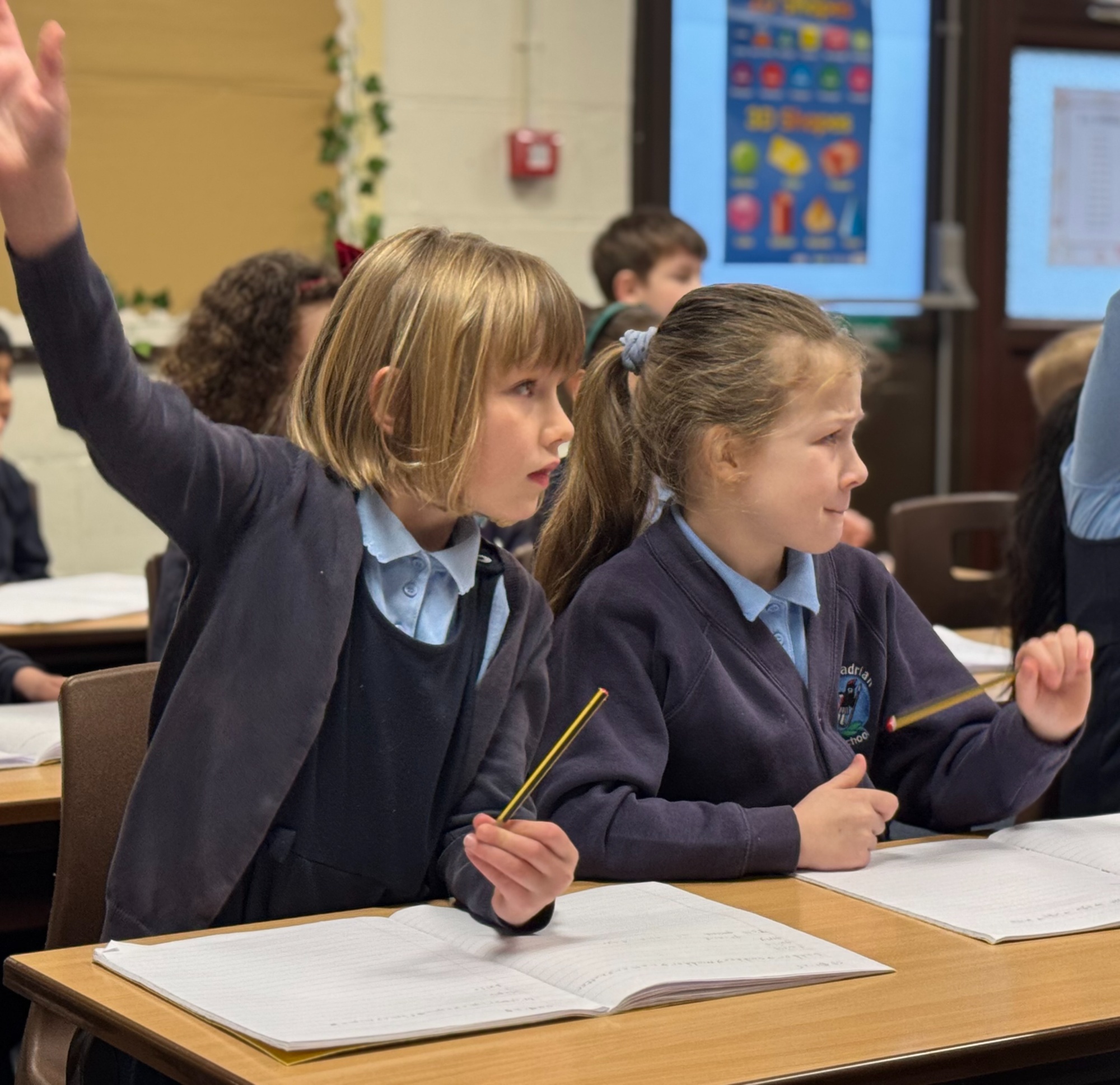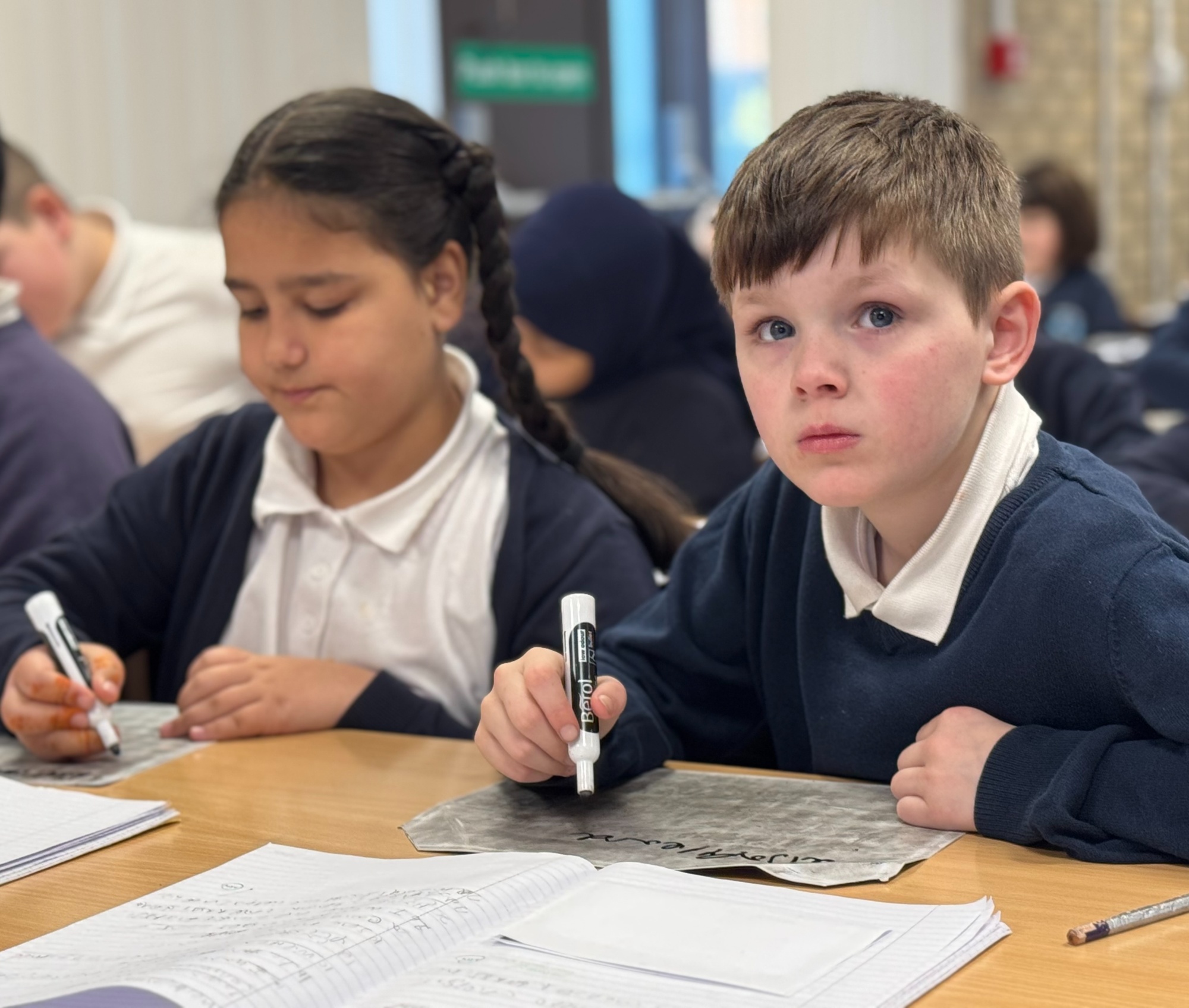Keeping Children Healthy at Hadrian
|
Hadrian Primary School |
|
|
Statement |
At Hadrian Primary School we are committed to providing a caring, friendly and safe environment for all of our pupils so they can learn in a relaxed and secure atmosphere. We believe every pupil should be able to participate in all school activities in an enjoyable and safe environment and be protected from harm. |
|
What do we do to support identified children that are less active? |
They are identified through school nurse and our physical activity tracking sheet. They are then invited along to an afterschool club for children to engage in physical activity. Healthy eating is done as part of science and outside agencies to talks. |
|
How does the schools ensure structured physical activity for all of its pupils in or outside the school curriculum? |
Structured physical activity is planned every week for all classes in school. They have allocated time slots for the school hall, MUGA, Yard, Trim trail and field. All children are assessed on their physical activity on an excel sheet which shows all competitions, coaching and clubs they attend which then gets used to identify gifted and talented along with less active children who then received extra structured actives with a member of staff. We also have structured play times were our sports ambassadors (trained year 5 children) lead games and activities with younger children.
|
|
How does the curriculum and outside offer meet the needs of your pupils? |
PSHE Education We have long term curriculum plans which progressively develop the children’s knowledge and understanding throughout their school life at Hadrian. Alongside this we have outside agencies that come into school to help deliver the message of being healthy e.g. Newcastle eagles come to talk to the children about substance misuse. We document all this through our policies, children’s work in books, photographs and videos and we share these on our website. We also use Lucinda and Godfrey to aid the teaching in PSHE. Healthy Eating Healthy eating is taught as part of our science topics in almost every year group and this is evident in children’s science books. We have outside agencies help to deliver the message e.g. Newcastle eagles come to talk to the children about eating healthy. We grow our own vegetables in the school allotment as part of our curriculum and children learn to harvest, cook and understand organic produce. We also have after school clubs which help to raise awareness of healthy living through sport and eating. These too are documents with photographic evidence. Physical Activity The curriculum in Physical Activity is planned for every year group on a yearly plan. This is a progressive plan that meets the needs of children as they age and progress in their learning. Teachers using this plan then identify the needs of their class and adjust the lesson plans/schemes of work accordingly. Using our physical activity tracker we can identify G&T, average ability and Less active children and invite them to designed after school clubs to improve their abilities. Emotional health and wellbeing This is taught as part of our PSHE curriculum as well as celebrating special campaigns such as anti-bullying week. We also use an online system called Tootot where children can post anonymously if they think they are being bullied and designated staff are trained to deal with it. |
|
Explain the E-safety management procedures in your school? |
We have a forensic monitoring system – Live monitoring, weekly emails sent if any triggers e.g. word ‘knife’ used by Joe Bloggs. If there are any urgent issues then the school is rang immediately. Our web access is filtered and pupils have different access settings. Children have helped write school rules for safe access to computers. Children sign a computer user agreement at the start of each year. As part of the ICT curriculum we look at cyber bullying etc. We also use the tootoot system where children can notify staff if they believe online bullying is occurring. |
|
How does the whole school environment support healthy lifestyle choices? |
In the hall we support healthy lifestyle choices by displaying the eat well plate at all times to help children decide what to eat for school dinners. We have a gardening display promoting the growth and eating of organic vegetables. We have our own allotment where we grow and cook vegetarian dishes showing the children that vegetables can be tasty as well as healthy. We have a chill out zone in the library where children can escape to if they feel the need to. We have 2 outside gyms where children can work out in play times and lunch times along with during PE sessions. The muga is timetabled so children have the option to engage physical activity at their appropriate time slots. During D and T lessons children are taught about cooking, including what are the correct choices to make.
|
|
How does the school ensure easy access to free and clean drinking water and toilet breaks? |
We have 2 drinking fountains at school were children can access them during break times. We also give every child a water bottle when they start school which they are allowed to fill up from the water fountains throughout the day. Toilet breaks are scheduled with break times but if the need arises children can access the toilets during lessons. If there are children with bowl problems we have a separate toilet available to them with cleaning products and changes of clothes.
|
|
How do we promote positive health messages? |
We have a screen at the front of the school which promotes health of both children and adults and also shows various support groups available to parents and children. We have an area at the main entrance where leaflets from support groups, clubs etc are available to the children, parents and visitors are available to be taken. We send out news letters to parents about upcoming events, celebration news and healthy lunches to keep them up to date. We also publish these on our school website. We have an outside notice board for parents to read where we promote positive health messages. We also have a parent mail text system where we can message parents about anything that they will need to know.
|
|
How has the school ascertained the views of young people about health including those who are less vocal and visible |
We have a pupil questionnaire which we ask their views on all parts of school life and that data is collected and acted upon. We carry out pupil interviews for every subject and the subject coordinator (PSHE included) takes note of children’s responses and acts upon them. Children who are less vocal are able to see their own teacher if they have any concerns or if they are still too shy to we have a concerns box where children can also write down anonymously. We use an anti bullying system called tootoot where children can via the internet anonymously send an email to teachers about any problems they may have. |
|
What arrangements are in place to help pupils to access specialist services? |
Sexual Health/ Healthy Relationships/CSE We use Lucinda and Godfrey to teach children about relationships. We have relationships planned into the PSHE Curriculum. The year 5/6 children receive a puberty talk. Teachers receive CPD and there are policies in place. Substance Misuse We have links with Matrix, it is planned into PSHE and the Science curriculum. The Newcastle Eagles come in to talk about drugs and smoking. Loss and bereavement We use an Emotional resilience officer and the Tyne Gateway. Mrs Fox is lead in this so all teachers have a point of contact. Mental/Emotional Health CAMHS – Lifecycles and the emotional resilience officer. Young Carers We have links with the Young Careers centre and all children that are classed as young carers are recorded and teachers are informed. Physical health We use the school nurse who comes into school regularly. Children who are assessed as less active are encouraged to attend after school clubs. |
|
How does the school encourage staff to model healthy lifestyles? |
All staff wear a PE kit when they teach physical education. Teachers take part in sports days, cycle to school initiatives and when they are on lunch duties they are given a healthy alternative. Staff also offer after school sports clubs.
|
